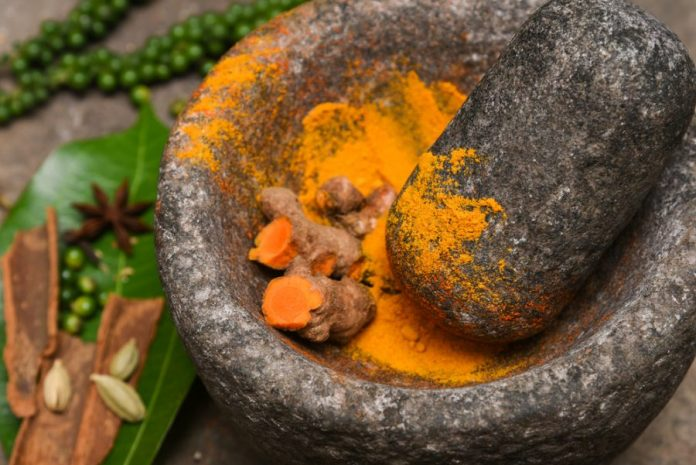Agasti Ayurveda, the traditional system of medicine that originated in India, offers holistic approaches to address various health issues, including joint pain. It focuses on balancing the body's energies, known as doshas (Vata, Pitta, and Kapha), to promote overall well-being. Keep in mind that it's essential to consult with a qualified healthcare professional or Ayurvedic practitioner before starting any new treatment regimen. Here are some general principles and Ayurvedic remedies that are often recommended for joint pain:
-
Dietary Recommendations:
- Include anti-inflammatory foods in your diet, such as ginger, turmeric, garlic, and green leafy vegetables.
- Stay hydrated and drink warm water throughout the day.
- Limit the intake of processed foods, caffeine, and alcohol.
-
Herbal Remedies:
- Turmeric (Curcuma longa): Known for its anti-inflammatory properties, turmeric can be used in cooking or taken as a supplement.
- Ginger (Zingiber officinale): Ginger has anti-inflammatory and analgesic properties. You can use it in cooking or make ginger tea.
- Ashwagandha (Withania somnifera): This adaptogenic herb may help reduce inflammation and provide relief from joint pain.
-
Agasti Ayurvedic Massage (Abhyanga):
- Regular oil massage with warm sesame or coconut oil can help soothe joint pain and improve circulation.
- Focus on the affected joints, and use gentle, circular motions.
-
Agasti Ayurvedic Herbs:
- Boswellia (Boswellia serrata): Also known as Indian frankincense, Boswellia has anti-inflammatory properties and is often used for joint support.
- Guggul (Commiphora wightii): Guggul is believed to have anti-inflammatory and analgesic effects and is used in Ayurveda for joint issues.
-
Agasti ayurveda Lifestyle Recommendations:
- Practice regular, gentle exercise to improve flexibility and strengthen muscles. Yoga and Tai Chi are often recommended.
- Maintain a regular sleep schedule to support overall well-being.
- Manage stress through techniques such as meditation and deep breathing.
-
Agasti Ayurvedic Formulations (Medicines):
- Specific Ayurvedic formulations, such as Mahayograj Guggul, Triphala Guggul, or Yogaraj Guggul, are often used to address joint pain. These formulations typically contain a combination of herbs with anti-inflammatory properties.
Remember that individual responses to Ayurvedic treatments can vary, and it's crucial to consult with an Ayurvedic practitioner who can provide personalized recommendations based on your specific constitution (prakriti) and the current imbalance (vikriti). Additionally, inform your healthcare provider about any ongoing conventional treatments or medications you may be taking.



